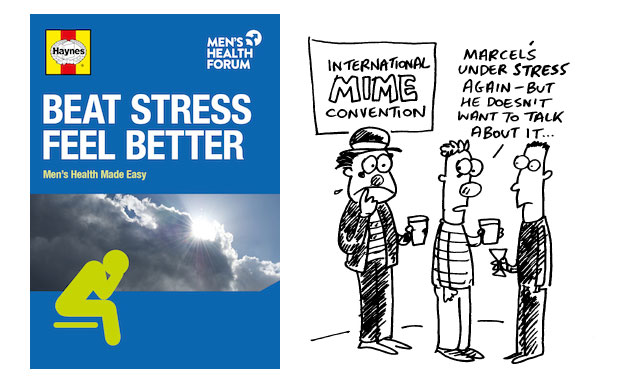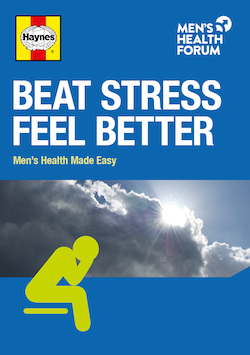'Recovery is a journey'

I had a massive breakdown in 1996, but didn’t get to see a psychiatrist until 1999. To my family my breakdown appeared so gradual they didn’t realise I had finally lost the plot. To them I was just a weird alcoholic angry waste of space.
Although I began experiencing symptoms of paranoid schizophrenia from 1996, I had been going downhill for a good five years before.
Getting to grips with my diagnosis was the hard part. Admitting to yourself that you need help is the tough first step to recovery – if you don’t, suicide is a real risk.
Take all the support you can and listen to care staff. Listen to fellow patients too. Recovery is a journey and there will be ups and downs, but hold on to the idea that you can beat it and you will.
Recovery took me five years before I did an MA in broadcast journalism and went freelance. I will never stop fighting, but will always take a positive attitude to it. I am disabled, but am a fighter.
- Richard Shrubb is a freelance journalist and online copywriter. A fan of off the grid living and sailing, he is one of the authors of the Men's Health Forum's Beat Stress, Feel Better
- More on living with paranoid schizophrenia from Stevie on You Tube.
| This article reflects the experience of the individual. It is not health information from the Men's Health Forum under the terms of the NHS England Information Standard. |
|
The Men’s Health Forum need your support It’s tough for men to ask for help but if you don’t ask when you need it, things generally only get worse. So we’re asking. In the UK, one man in five dies before the age of 65. If we had health policies and services that better reflected the needs of the whole population, it might not be like that. But it is. Policies and services and indeed men have been like this for a long time and they don’t change overnight just because we want them to. It’s true that the UK’s men don’t have it bad compared to some other groups. We’re not asking you to ‘feel sorry’ for men or put them first. We’re talking here about something more complicated, something that falls outside the traditional charity fund-raising model of ‘doing something for those less fortunate than ourselves’. That model raises money but it seldom changes much. We’re talking about changing the way we look at the world. There is nothing inevitable about premature male death. Services accessible to all, a population better informed. These would benefit everyone - rich and poor, young and old, male and female - and that’s what we’re campaigning for. We’re not asking you to look at images of pity, we’re just asking you to look around at the society you live in, at the men you know and at the families with sons, fathers and grandads missing. Here’s our fund-raising page - please chip in if you can. |



